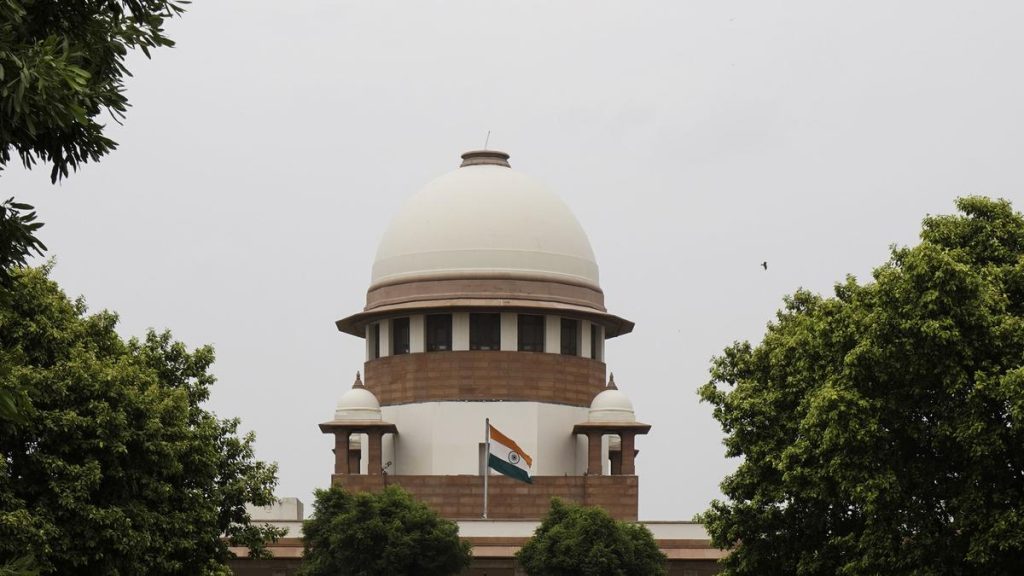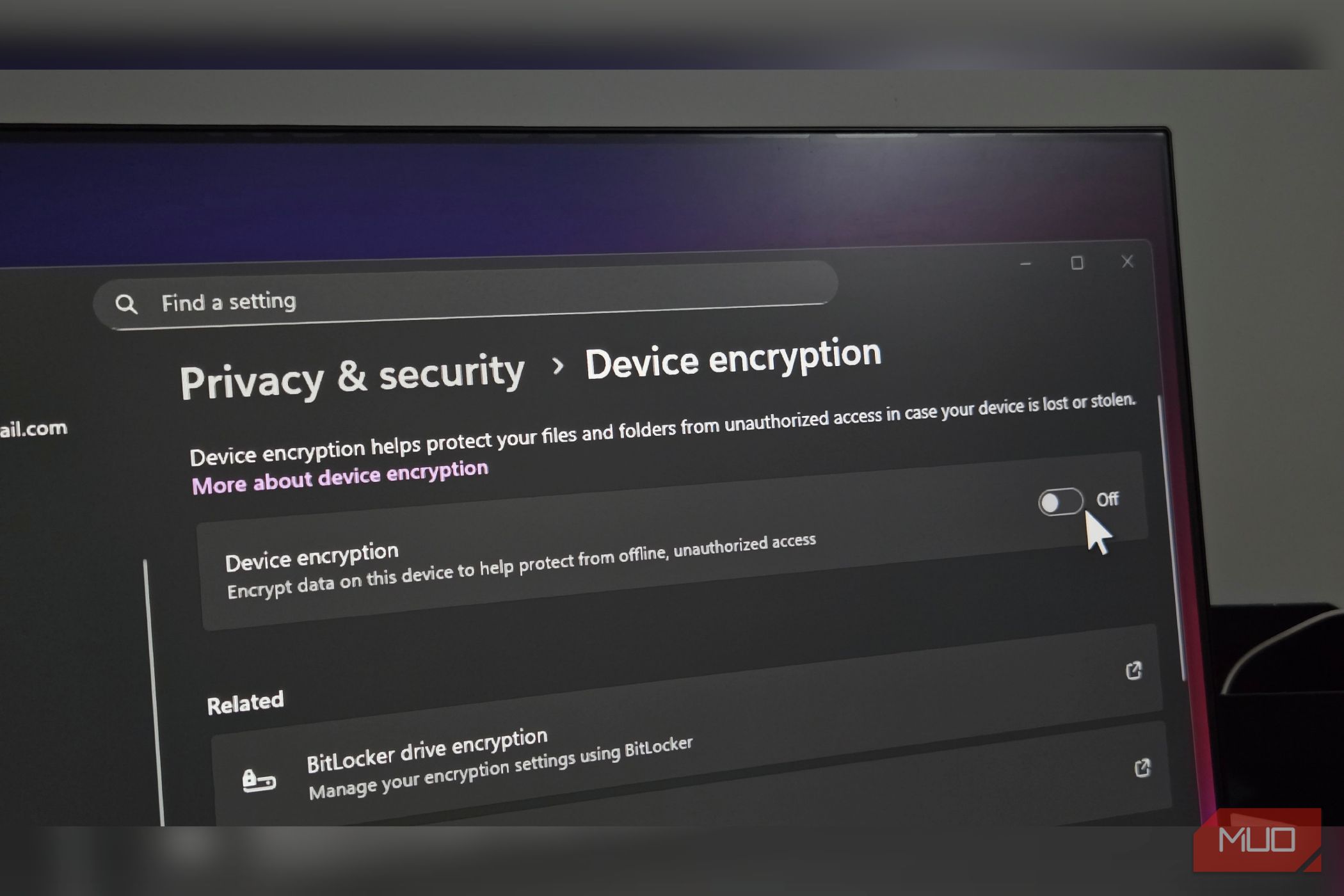Now Reading: NCERT Proposes Overhaul of 50-Year-Old Evaluation Method
-
01
NCERT Proposes Overhaul of 50-Year-Old Evaluation Method
NCERT Proposes Overhaul of 50-Year-Old Evaluation Method

Quick Summary
- Date and Context: The NCERT prepared an approach paper on the school curriculum suggesting key changes in evaluation methods.
- key Proposal: It recommends abolishing public examinations at the end of 10 years of schooling.
- Assessment Framework:
– Schools should maintain subject-wise records of internal assessments covering scholastic and non-scholastic areas.
– Students’ evaluations should include academic subjects, co-curricular activities, and aspects of character and personality without aggregating scores.
- Impact on Teaching: Emphasis on understanding, application, problem-solving is expected to shift teaching methods away from rote learning toward improved instruction techniques and use of better question types.
- Purpose of Evaluation:
– To determine the extent to which educational objectives have been achieved through teaching methods used.
– Evaluation must be reliable,extensive,and provide concrete evidence aligned with curriculum goals.
Indian Opinion Analysis
The NCERTS proposal marks a significant rethinking in how student achievements are evaluated in India’s school system.Abolishing public examinations moves toward a more holistic performance record that values both scholastic knowledge and personal development. This coudl reduce stress associated with high-stakes exams while encouraging schools to adopt broader teaching strategies focusing on application-based skills.
However, successful implementation requires preparedness among teachers to adapt evaluation practices effectively and avoid biases while assessing subjective areas like character or personality development.Additionally, ensuring consistency across schools nationwide in maintaining assessment quality would be critical for credibility.
this approach reflects an evolving emphasis within India’s education policy towards fostering practical learning outcomes over rote memorization-potentially modernizing foundational education frameworks for generations ahead.




























